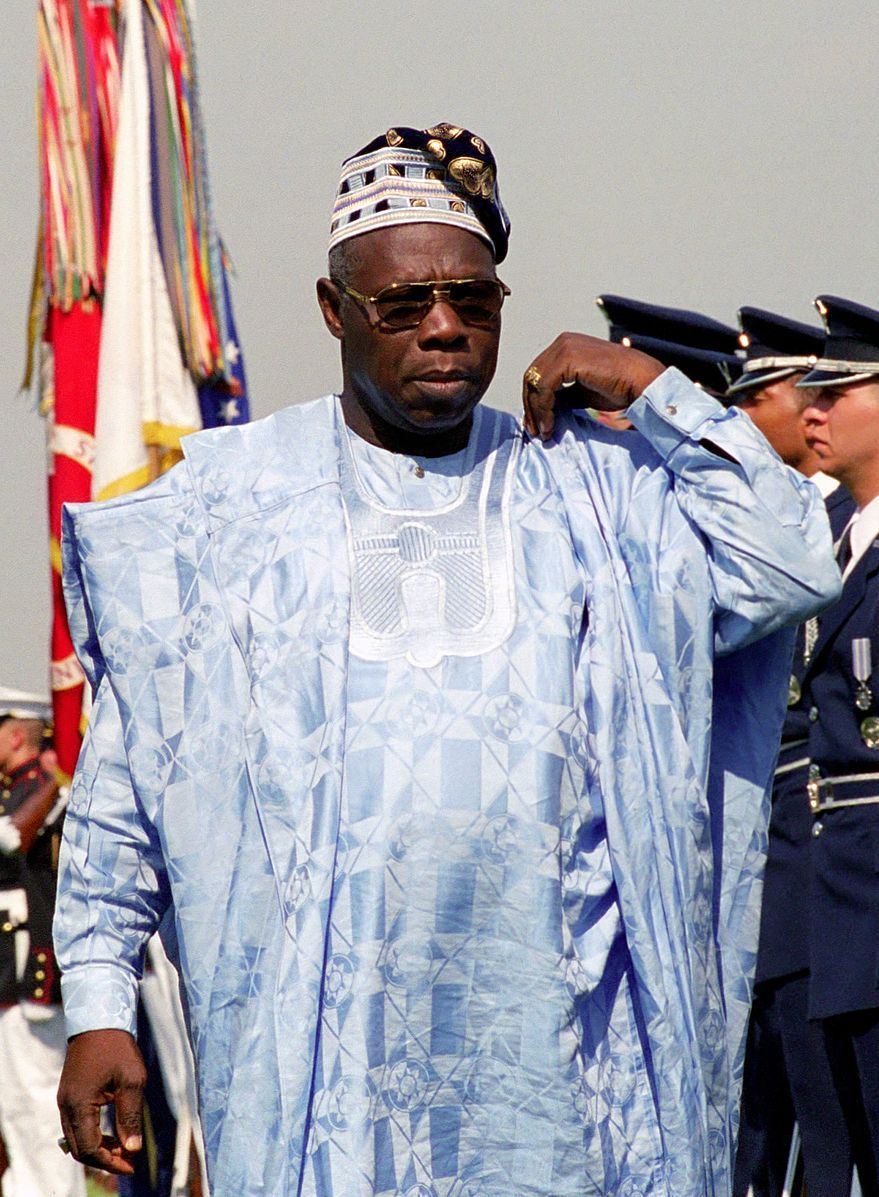Murtala Ramat Mohammed: A Brief Yet Impactful Leadership in Nigeria

Murtala Ramat Mohammed's presidency in Nigeria may have been brief, but it left an indelible mark on the nation's history. As the fourth head of state, Mohammed introduced bold reforms aimed at combatting corruption, streamlining government institutions, and pursuing an active foreign policy. This article explores Mohammed's life, his rise to power, and the significant contributions he made during his time as Nigeria's leader. Despite the tragic circumstances that cut short his presidency, Mohammed's commitment to reform and his firm stance against corruption continue to resonate in Nigeria's political landscape.
Early Life and Military Career: Born on November 8, 1938, in Kano, Nigeria, Murtala Ramat Mohammed hailed from a military family. He joined the Nigerian Army in 1958 and quickly rose through the ranks due to his leadership skills and dedication. Mohammed received training in prestigious military institutions in Nigeria and the United Kingdom, refining his strategic and operational expertise.
Rise to Power: Mohammed's ascent to power occurred during a time of political turmoil. On July 29, 1975, he led a group of military officers in a bloodless coup that ousted General Yakubu Gowon's administration. Mohammed's coup brought an end to Gowon's nine-year rule and marked a significant shift in Nigeria's political landscape.
Reform Agenda and Anti-Corruption Measures: Mohammed's presidency was characterized by a fervent drive to address corruption, streamline government processes, and foster national development. He initiated a comprehensive reform agenda that aimed to curb corruption and instill a sense of accountability within the government and public institutions. Mohammed's administration established the Public Complaints Commission, which provided a platform for citizens to report cases of corruption and maladministration.
In addition to anti-corruption measures, Mohammed sought to streamline the bureaucracy and reduce the size of government. He implemented the "Murtala Factor," which involved restructuring ministries, merging departments, and eliminating redundant positions. This move aimed to enhance efficiency, reduce wasteful spending, and create a more responsive and accountable government.
Active Foreign Policy : Mohammed's administration pursued an assertive foreign policy that sought to bolster Nigeria's international standing and promote solidarity with other African nations. He championed the cause of decolonization, particularly in Southern Africa, and supported liberation movements seeking independence from colonial rule.
Under Mohammed's leadership, Nigeria took an active role in the fight against apartheid in South Africa and provided support to liberation movements in Angola, Mozambique, and Rhodesia (now Zimbabwe). Mohammed was a vocal critic of apartheid and condemned racial discrimination in all its forms.
Tragic End and Legacy: Murtala Ramat Mohammed's presidency was cut short tragically on February 13, 1976, when he was assassinated in an unsuccessful coup attempt. His untimely death shocked the nation and cast a somber cloud over Nigeria's reform aspirations.
Despite the brevity of his presidency, Mohammed's impact on Nigeria's political landscape cannot be understated. His commitment to anti-corruption measures, government reform, and an assertive foreign policy left a lasting legacy. Mohammed's presidency represented a significant break from the past and set a precedent for subsequent leaders to address corruption, streamline bureaucracy, and pursue an active role in international affairs.
Murtala Ramat Mohammed's leadership may have been short-lived, but his visionary approach to governance and commitment to reform made a lasting impression on Nigeria. His anti-corruption measures, streamlined government processes, and assertive foreign policy demonstrated his unwavering dedication to Nigeria's progress and its role in the international community. Mohammed's tragic end serves as a reminder of the challenges faced by reform-minded leaders, yet his legacy continues to inspire future generations in the fight against corruption and the pursuit of a more accountable and prosperous Nigeria.


